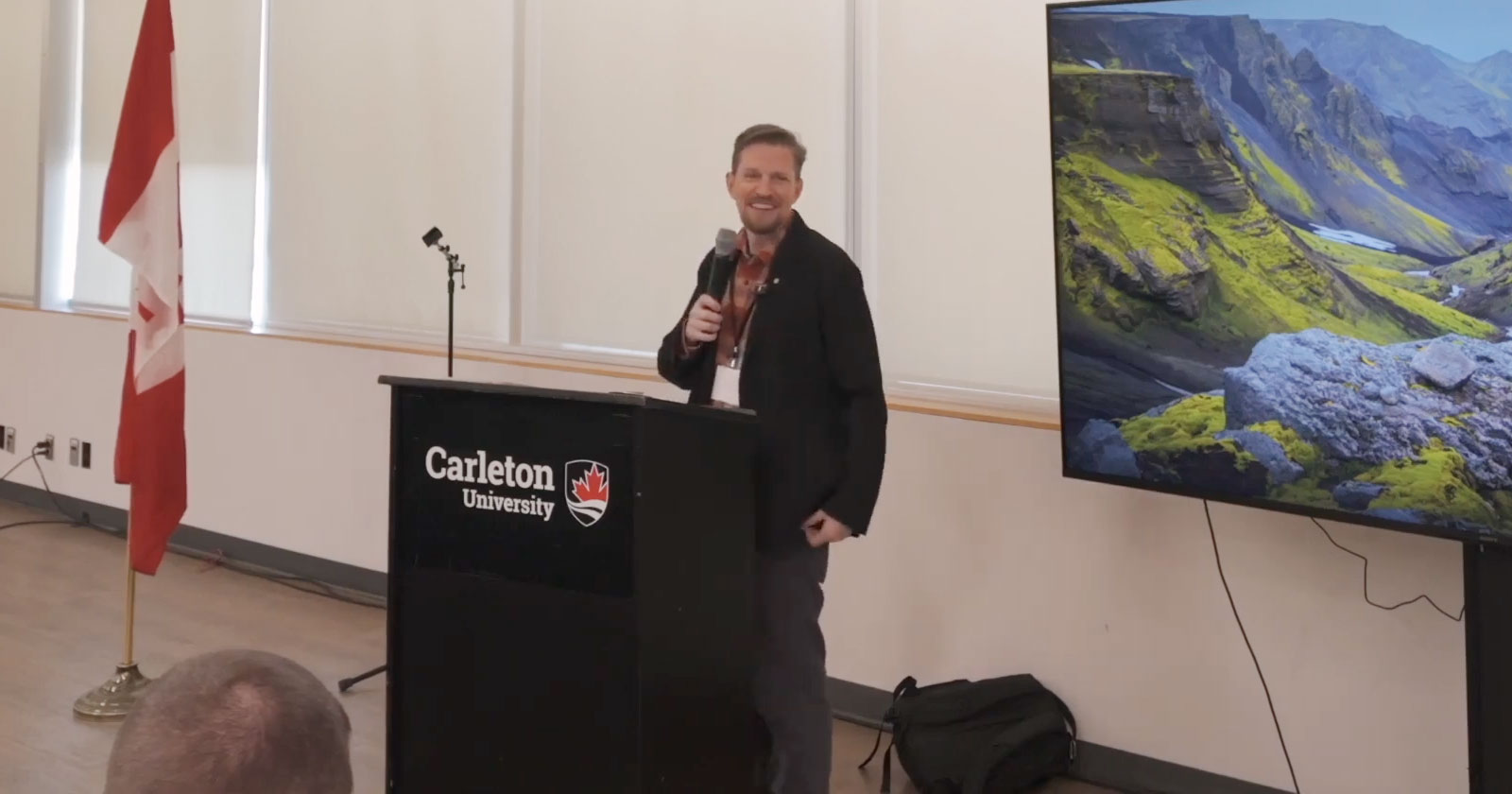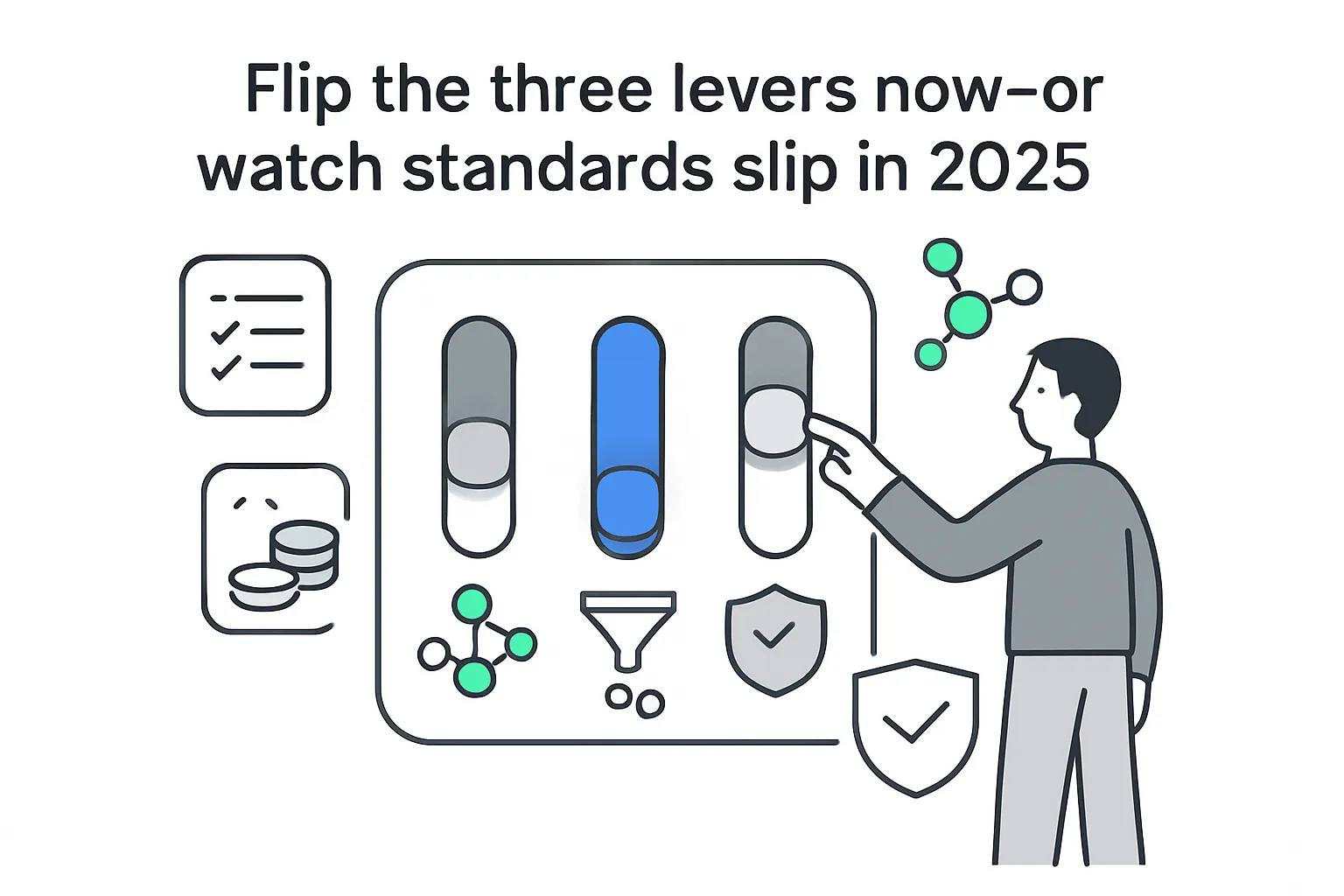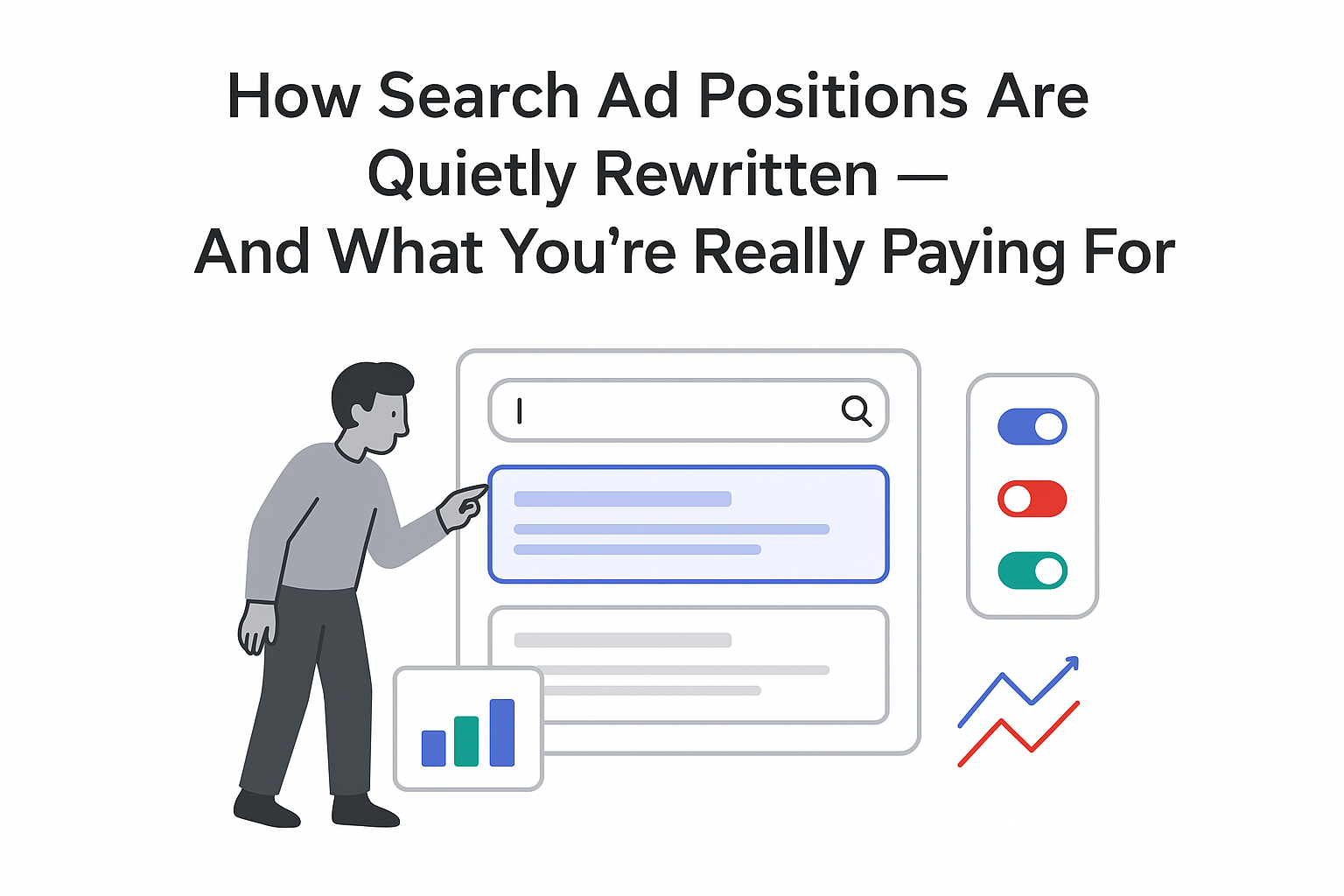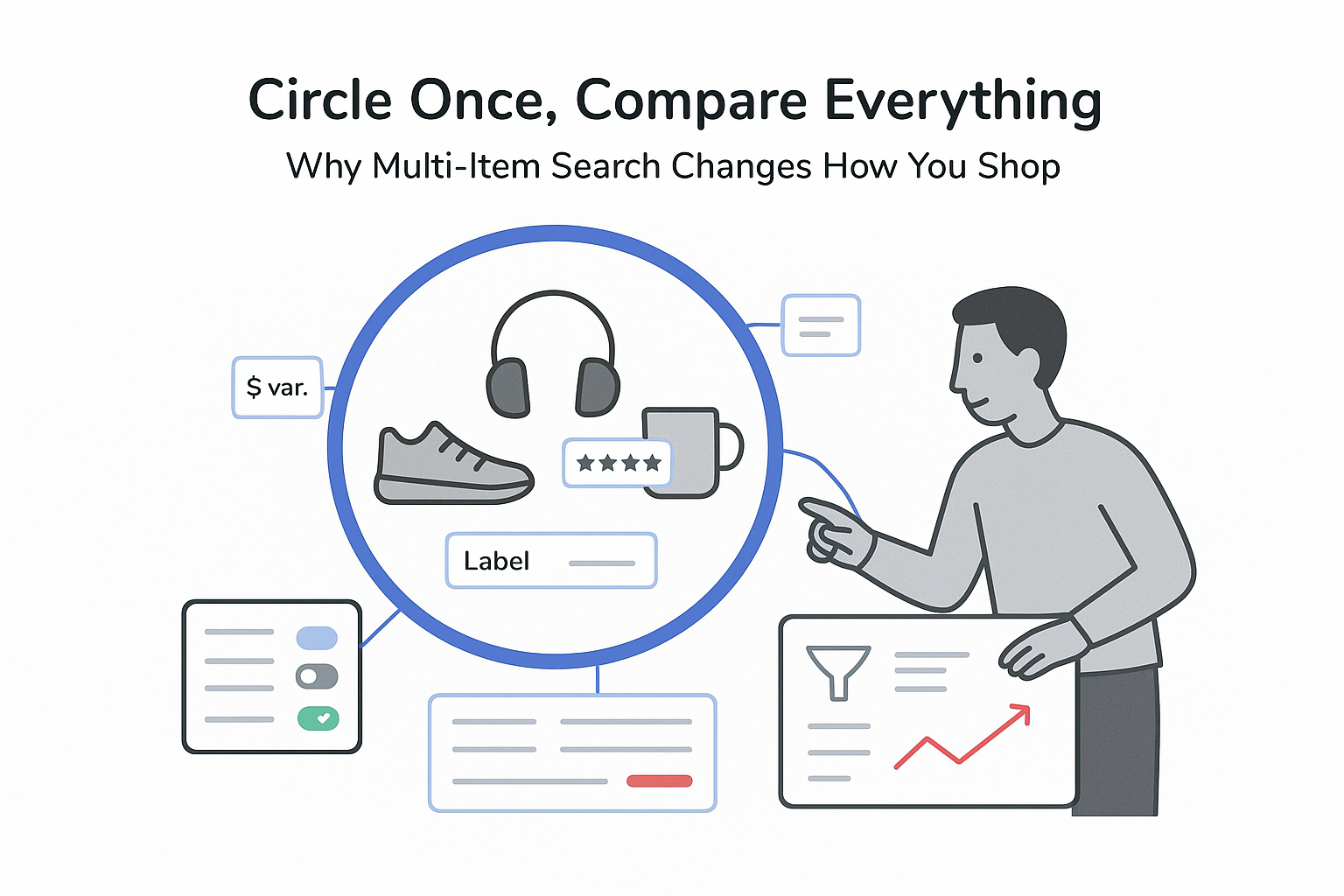At WordCamp Canada 2025, WordPress co-founder Matt Mullenweg used a public Q&A to outline ways to use commercial incentives to motivate companies to support WordPress. He emphasized contribution programs, GPL license compliance, and trademark rules, and urged agencies and individuals to reinforce community standards through their purchasing decisions.

Key details
- Mullenweg encouraged company participation through the Five for the Future initiative, which asks companies to dedicate 5 percent of resources to WordPress contributions. The program is documented on WordPress.org.
- He cited compliance with WordPress' GPL licensing and WordPress trademark policies as baseline requirements for ecosystem participants. These policies are published by WordPress.org and the WordPress Foundation.
- He urged directing business toward companies that contribute meaningfully to WordPress, noting that spending choices can reinforce community norms.
- His remarks follow a September 2024 WordPress.org post that criticized WP Engine and outlined specific concerns. That post remains available on the official site.
Background
WordPress is open source software released under the GNU General Public License version 2. The license governs distribution, modification, and derivative works for WordPress core and bundled components. The project's licensing overview and documentation are available on WordPress.org.
The WordPress Foundation administers the WordPress trademarks and publishes usage rules covering the name, logo, and domain guidelines. The policy applies to companies, events, and community initiatives across the ecosystem. Read the full trademark policy.
Five for the Future is an established program that encourages companies and individuals to contribute time or resources to the project. It highlights pledged contributors and contribution categories, providing a framework for participation in core, documentation, testing, and community work. Learn more on WordPress.org.
WordCamp events are community-run conferences focused on WordPress. They are sanctioned through WordCamp Central and follow community guidelines and a code of conduct. Organizers and speakers are volunteers, and sessions typically include talks, workshops, and Q&A. See the overview on WordCamp Central.








.svg)